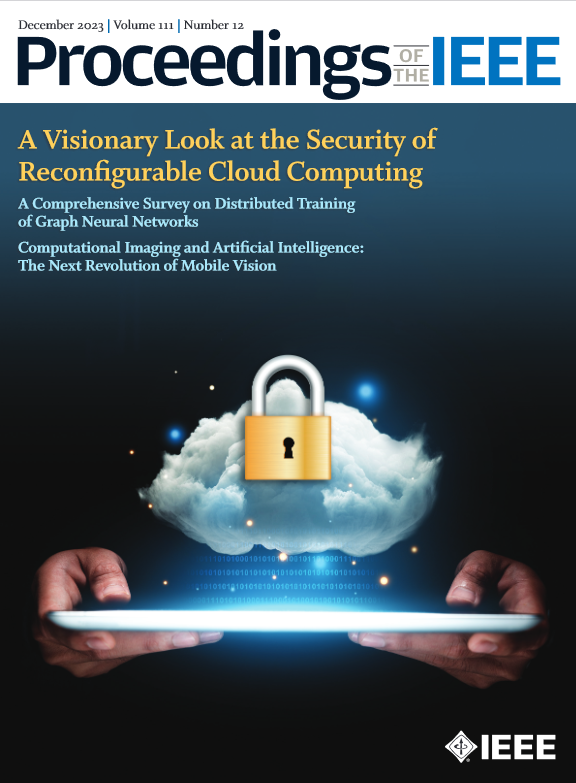6G 信道编码的发展趋势
IF 23.2
1区 计算机科学
Q1 ENGINEERING, ELECTRICAL & ELECTRONIC
引用次数: 0
摘要
纠错编码(即信道编码)是任何数字通信系统的关键要素。在移动无线通信领域,信道编码已从全球移动通信系统(GSM)(2G)中的简单卷积码、通用移动通信服务(UMTS)(3G)中的并行连接(涡轮)码和长期演进(LTE)(4G),发展到 5G 中精心设计的多irate/多长度低密度奇偶校验(LDPC)码,并与同步信道上的短信息极性码相结合。基于这一丰富的历史,并考虑到超大规模集成的技术进步,本文将概述可应用于 6G 系统的信道编码的一些最新趋势,包括针对短块长度的新方法(如自动形态集合解码)、多重接入的编码理念,以及可简化编码/解码硬件且具有竞争力纠错性能的统一编码方案的概念。本文章由计算机程序翻译,如有差异,请以英文原文为准。
Trends in Channel Coding for 6G
Error correction coding (i.e., channel coding) is a key ingredient of any digital communications system. In mobile wireless communications, channel codes have evolved from simple convolutional codes in Global System for Mobile Communications (GSM) (2G), parallel concatenated (turbo) codes in Universal Mobile Telecommunications Service (UMTS) (3G), and long-term evolution (LTE) (4G), to carefully designed multirate/multilength low-density parity-check (LDPC) codes in 5G, combined with polar codes for short messages on the synchronization channel. Based on this rich history, and by accounting for the technological advances in very large-scale integration, this article will outline some recent trends in channel coding as they may be applied in 6G systems, ranging from novel approaches for short blocklengths such as automorphism ensemble decoding, via ideas of coding for multiple access, to concepts for unified coding schemes that may simplify encoding/decoding hardware at competitive error-correcting performance.
求助全文
通过发布文献求助,成功后即可免费获取论文全文。
去求助
来源期刊

Proceedings of the IEEE
工程技术-工程:电子与电气
CiteScore
46.40
自引率
1.00%
发文量
160
审稿时长
3-8 weeks
期刊介绍:
Proceedings of the IEEE is the leading journal to provide in-depth review, survey, and tutorial coverage of the technical developments in electronics, electrical and computer engineering, and computer science. Consistently ranked as one of the top journals by Impact Factor, Article Influence Score and more, the journal serves as a trusted resource for engineers around the world.
 求助内容:
求助内容: 应助结果提醒方式:
应助结果提醒方式:


